‘Oh, you’re joking’: AP Physics 1 to replace HADV class
HISD’s new policy is to only offer on-level and AP courses for classes with an AP but no Pre-AP equivalent.
Days after students’ course requests were entered into PowerSchool, CVHS sophomores refreshed the page, only to find an unexpected change. Students who had selected HISD Advanced (HADV) Physics had been placed in AP Physics 1. For the 2023-2024 academic year, the school would only be offering the AP course.
HADV Physics is a course offered in HISD and is not affiliated with College Board. The organization currently only offers Pre-AP science courses for biology and chemistry, so the removal of HADV Physics would further align CVHS with College Board’s curriculum.
According to Melissa Matsu, Dean of Instruction at CVHS, “All of our courses that are possibly AP will be AP (including precalculus).”
The removal of the HADV course comes as a change back to the school’s original policy of only offering AP Physics 1. Matsu said that Honors Physics, later HADV Physics, was created as an experiment to give students less advanced in math a chance to take a course closer to their math level before diving into the AP.
“I think that AP Physics 1 is more conceptual; it goes more in depth than Pre-AP [HADV] Physics,” Anne Wakefield, AP Physics 1 and AP Physics C teacher at CVHS, said.
But this year, course requests for HADV Physics nearly outnumbered those for AP Physics 1. Rising sophomores and rising seniors were only allowed to pick HADV Physics and AP Physics 1, respectively, while rising juniors could pick either. In the Naviance course selection form, 91 students requested HADV Physics, and 94 students requested AP Physics 1.

Matsu said that CVHS is returning to the old system for physics because the students HADV Physics was supposed to help didn’t receive much benefit. Additionally, students were reportedly taking the HADV class as an easy way out of physics.
However, students’ responses to this change have been overwhelmingly negative. In a poll administered to 43 students, over 79% of students regarded the change as a negative change, in contrast to just under 7% favoring the change.
“I think just having an option for AP is kind of dumb, because there’s not really a point to not having [HADV Physics],” Gage Holland, a sophomore currently taking Pre-AP Physics, said.

Students in AP Physics cited wanting to take the class because it was more advanced and because they already knew the underlying math concepts from precalculus, while those wanting to take HADV Physics felt like they weren’t prepared mathematically.
“I wanted to take it [HADV] because I thought that it would be an easier version of AP Physics,” sophomore Yasmine Chraibi said. “Maybe it’s because of the quality of the teaching or my teaching style, but I don’t think I’m ready math-wise for AP Physics.”
HADV Physics also satisfied the Physics credit requirement for students who didn’t want to take the harder class. Kevin Yu, a junior currently taking AP Physics 1, warns of the increased workload AP Physics 1 means as compared to the HADV class.

“The main thing is that the class difficulty is going up. It’s not like precalculus, where the only difference is that you’re taking the AP exam at the end. This time, both the class is getting harder, and you’re getting an AP exam,” Yu said.
Additionally, in junior year, CVHS students are required to take AP English Language and Composition, AP U.S. History, AP Research or TPSP, and AP Statistics, AP Precalculus, or AP Calculus. Adding AP Physics 1 would bring the number of APs rising juniors have to take up to five, not including potential electives.
“Oh, you’re joking. Good luck to everyone’s GPA,” Yu said, when told about the change.
Indeed, GPA and grades are one of the main concerns surrounding this change. As the GPA from the end of junior year is also what is used in college applications, students are worried about how it might affect their future prospects.
“I will definitely be ahead of other people and other schools science-wise, and I think it would look great on my resume,” Chraibi said. “[But] I do think it will lower my GPA. And that’s the main thing that I’m concerned about.”
To Holland, streamlining could be a potential upside and reason for the change.
“They might be wanting to eliminate the variety,” Holland said. “But even then [that] doesn’t make much sense to me. That’s the only thing I can think of.”
Others were more cynical.
“College Board wants money,” Yu said.
Regardless, Holland felt that the current Pre-AP (or HADV) and AP system, also in use for chemistry, was ideal, since it allowed students to have an additional year practicing with the content.
“Most people won’t need it,” Holland said. “I want to do it just because I want to do it, but not everyone will… And I think it’s a little dumb that that’s no longer an option.”
Chraibi, Holland and Yu all noted that if they had a choice, they would restore the previous policy where students were allowed to pick either HADV or AP Physics.
“Physics, as a subject, is something that I think you need two tiers for: the HADV level and then the AP level,” Yu said. “Removing that lower option [HADV] is pretty rough to a decent number of students. They did the same thing with precalculus; they just removed the higher level [Precalculus BC] instead of the lower one [Precalculus AB].”
Since students were indirectly made aware of the modified policy after course selections via their course requests on PowerSchool, many have still been left in the dark about the full details regarding it — or even whether such a change exists.
“I don’t know why they would implement this, but it doesn’t seem like a good idea,” Chraibi said.
Your donation will support the student journalists of Carnegie Vanguard High School. Your contribution will allow us to cover our annual website hosting costs and fund field trips, competition fees, and equipment. We appreciate your support!
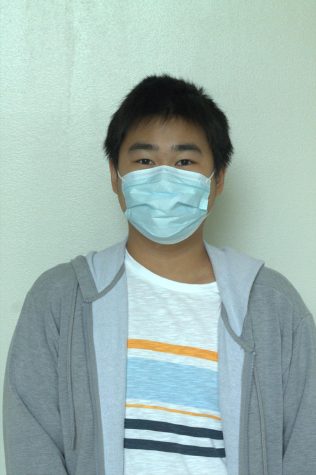
Jerry Fan is a senior at CVHS in his third year of involvement in scholastic journalism. Passionate about public transportation and education alike, he...


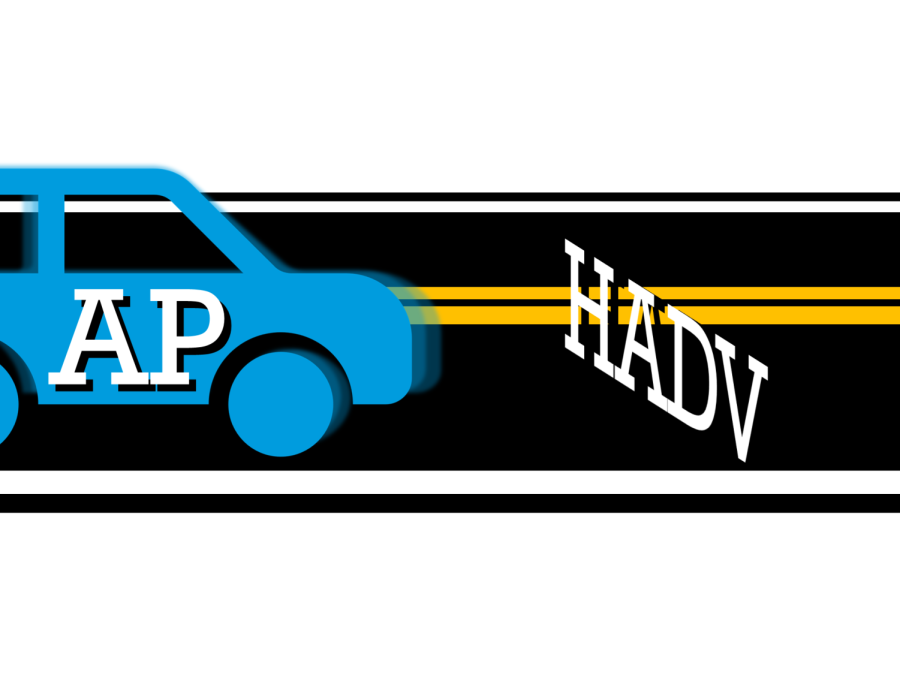
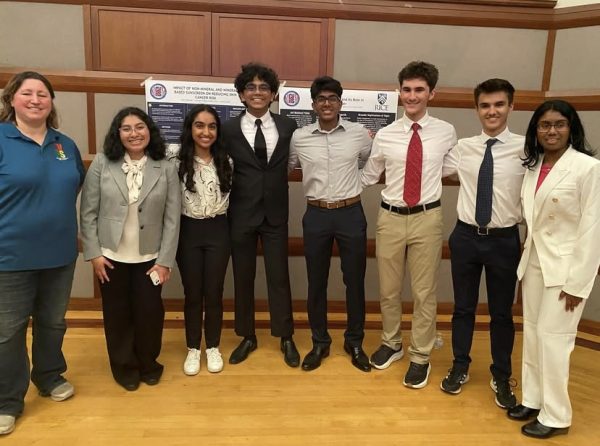

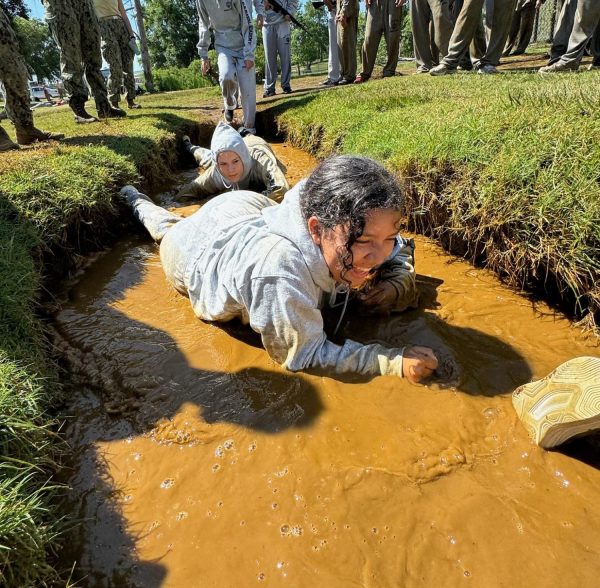
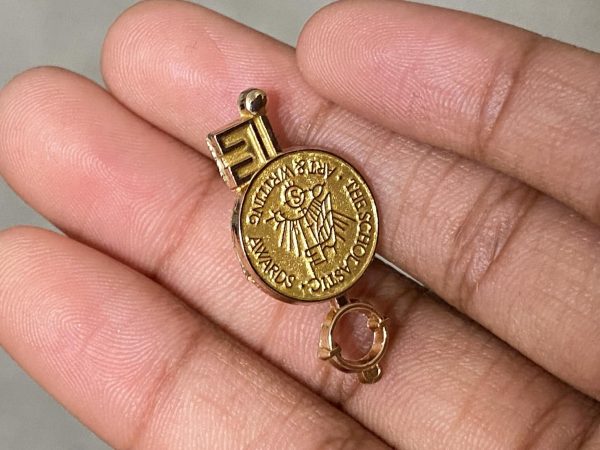
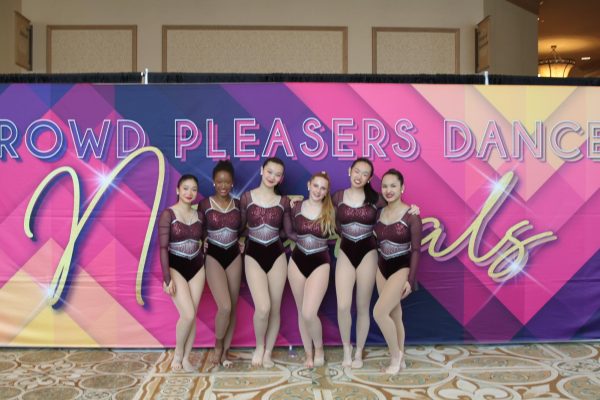
Danielle Yampuler • Apr 24, 2023 at 10:38 am
thank you for this story! as someone who got into “good” colleges without ever taking AP physics, I feel this change is incredibly dumb. It feels odd to force students who have no plan to pursue any fields related to physics to take a class like AP physics. HADV physics was a great way of allowing those who did not want to pursue STEM to satisfy the credit while also introducing the subject to someone who might want to go more in-depth and take AP physics, like a friend of mine who did just that. This feels like just another CVHS attempt to convince everybody that this is a great school while making no real effort to improve teaching or environment…
Katheryn Consuegra • Apr 24, 2023 at 10:26 am
This was so informative! I actually didn’t know that many people signed up for HADV Physics, and was under the assumption they changed it cause not enough people signed up.
Catherine Hu • Apr 24, 2023 at 10:12 am
I’m glad you explained the background behind course changes, great article 🙂
Hagar Cohen • Apr 24, 2023 at 10:11 am
I love how the media and sidebars supplement the information in the article, and I love how detailed it is!
Naadiya Walji • Apr 24, 2023 at 9:58 am
This was really interesting, good job!